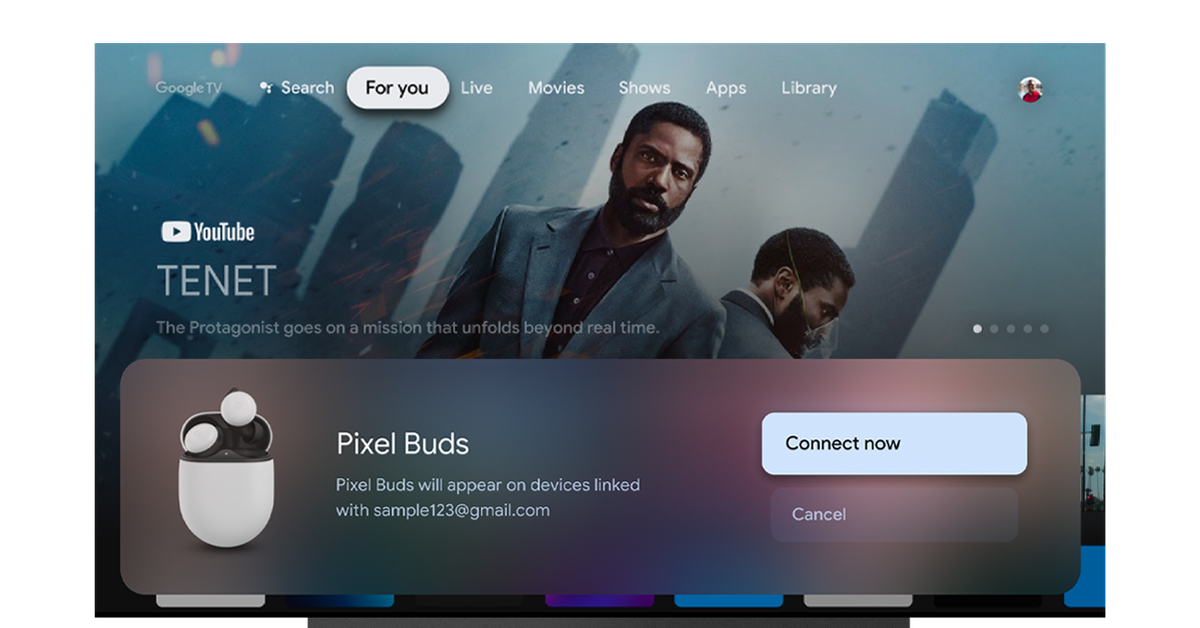
The Department of Homeland Security (DHS) has allegedly operated a “bulk surveillance” project responsible for collecting financial records on money transfers greater than $500 sent to Mexico and certain states, a previously unknown practice lawmakers and civil liberties experts claim may violate U.S law. The DHS data collection program was revealed in a letter sent by Oregon Senator Ron Wyden and shared with Gizmodo on Tuesday. DHS has since ceased the operation but only after receiving probes from Wyden’s office, according to the senator.
In his letter addressed to DHS Inspector General Joseph Cuffari, the senator claims the DHS for years made use of customs summonses, or administrative subpoenas, to “collect a massive trove of ordinary Americans’ financial data.” Since 2019, DHS has issued these summonses to collect records of around six million money transfers to or from Arizona, California, New Mexico, Texas, and Mexico over a six-month period. That information, which reportedly may have included the names, addresses, and identification numbers of senders and names and addresses of recipients, was then sent to a database accessible by local and federal law enforcement, “without any kind of court supervision.” That database was maintained by a private company called Transaction Record Analysis Center.
The agency obtained these millions of records using just eight customs summonses, six of which were directed toward money transfer firm Western Union. Maxitransfers received the remaining two summons. Wyden claims the agency exceeded its legal authority since these types of customs summons are only intended to obtain records deemed relevant to an investigation.
“HSI” should have known that this authority could not be used to conduct bulk surveillance, Wyden wrote. “The fact that HSI employees in Pheonix, AZ, continued to send out these highly problematic bulk summonses, every six months, without oversight by HSI and DHS headquarters indicates a weakness in the central supervision of this surveillance tool.”
Gizmodo spoke with Nate Wessler, ACLU Deputy Director of the American Civil Liberties Union’s Speech, Privacy, and Technology Project, who condemned the agency’s practices, comparing it to the NSA’s bulk telecommunication data collection program revealed by Edward Snowden. “This is pretty parallel to that,” Wessler said. “It’s a different kind of data but it’s data that when aggregated in bulk can paint a pretty detailed picture of how people are moving their money around.”
Wessler went on to describe the subpoenas used by the DHS as “patently illegal and very likely unconstitutional” and said the revelations should be of great concern to anyone living in the affected areas.
“It is stunning that this program got off the ground at all and certainly that it lasted for years before coming to the attention of anyone in Congress or anyone up the chain in DHS.” Wessler said. “This is particularly concerning because it disproportionately affects lower-income people and immigrants who have to rely on these wire transfer services instead of traditional banks.”

Money transfers like these are used for a variety of purposes and are often used by unbanked people to send funds abroad. In 2019, Pew estimates Mexico—one of the regions targeted under this records coalition—received around $30 million from the U.S. by way of immigrant remittance payments. While the letter notes the DHS likely justified these surveillances technique as a means to track illegal drug and human trafficking cases, its indiscriminate nature risked lumping in large swaths of underprivileged and vulnerable communities who rely on money transfers to get by.
“Looking at these remittance payments between the U.S. and Mexico has nothing to do with human trafficking,” Surveillance Technology Oversight Project Executive Director Albert Fox Cahn said in a phone interview with Gizmodo. “On the rare occasions we see actual human trafficking it is very rarely international. This is a pretext for anti-immigrant surveillance.”
Cahn went on to say the DHS program shows an alarming trend involving the seemingly loose interpretation of subpoenas by law enforcement. “Subpoenas are increasingly going from targeted tools for specific records into these digital dragnets that are taking thousands, even millions of records at a time.”
The DHS, meanwhile, confirmed with Gizmodo via email that it had indeed “paused” its bulk collection process.
“Homeland Security Investigations (HSI) is committed to ensuring that our criminal investigative methods are not only effective in combating transnational criminal actors and other security threats, but also consistent with the law and best practices,” a DHS spokesperson said. “HSI has paused its use of customs summonses while it works to ensure that policy properly guides the agency’s use of these and other administrative subpoenas and accounts for the appropriate role of such summonses in supporting criminal investigations.”
Western Union and Maxitransfers did not immediately respond to Gizmodo’s request for the comment but told BuzzFeed News it produced documents in question as a requirement of an anti-money laundering agreement enforced through a court order.
Wyden’s office saw the DHS’ action as not just potentially illegal, but also incredibly wasteful.
“Instead of squandering resources collecting millions of transactions from people merely because they live or transact with individuals in a handful of Southwestern states or have relatives Mexico, HSI and other agencies should focus their resources on individuals actually suspected of breaking the law,” Wyden said in his letter. The senator has since called on the agency to investigate whether it’s operating any similar programs and to make any operations subject to congressional oversight.
And while this program was limited to the DHS and the four particular states, Wessler of the ACLU said it could serve as an uncomfortable reminder of the various methods law enforcement can utilize when it comes to bulk data collection practices.
“This program raises very serious questions about bulk surveillance of people’s private information for law enforcement purposes.”
You can read the full letter below.
Note: This article have been indexed to our site. We do not claim legitimacy, ownership or copyright of any of the content above. To see the article at original source Click Here











